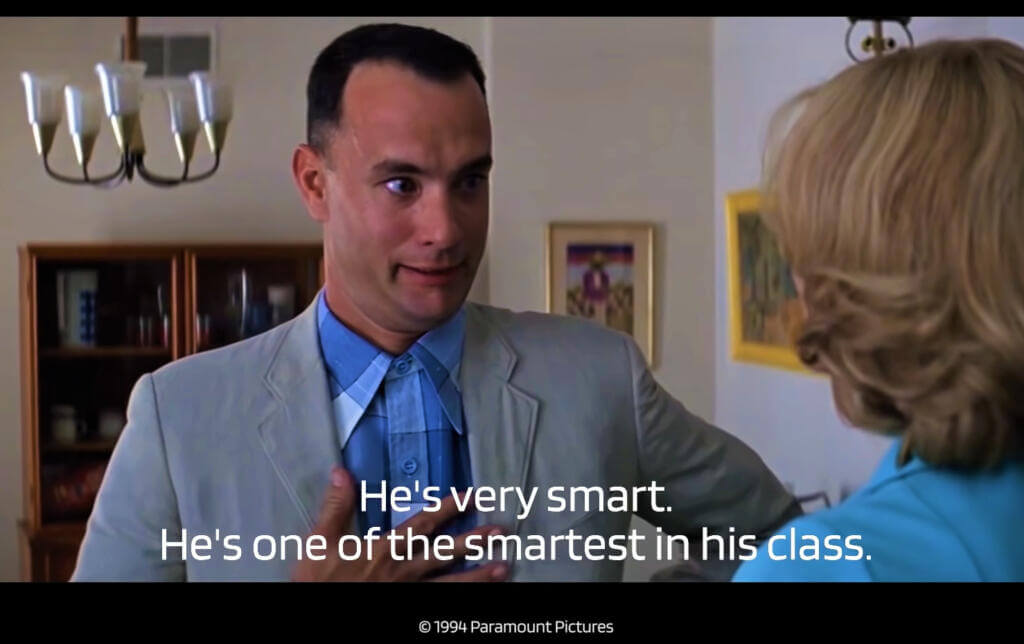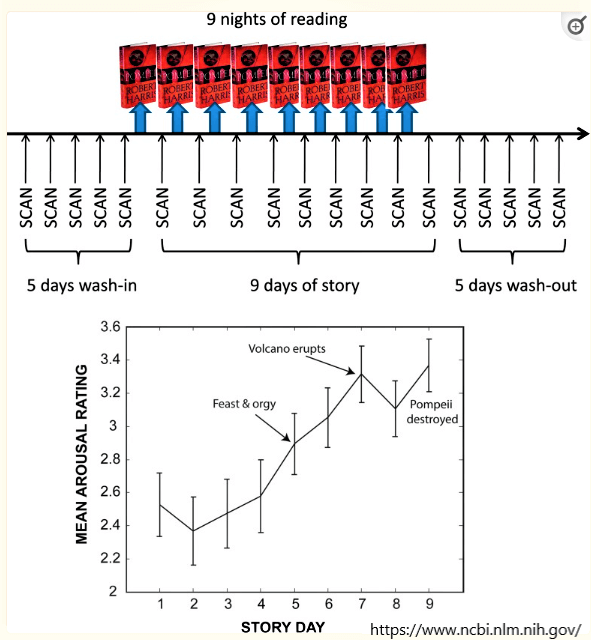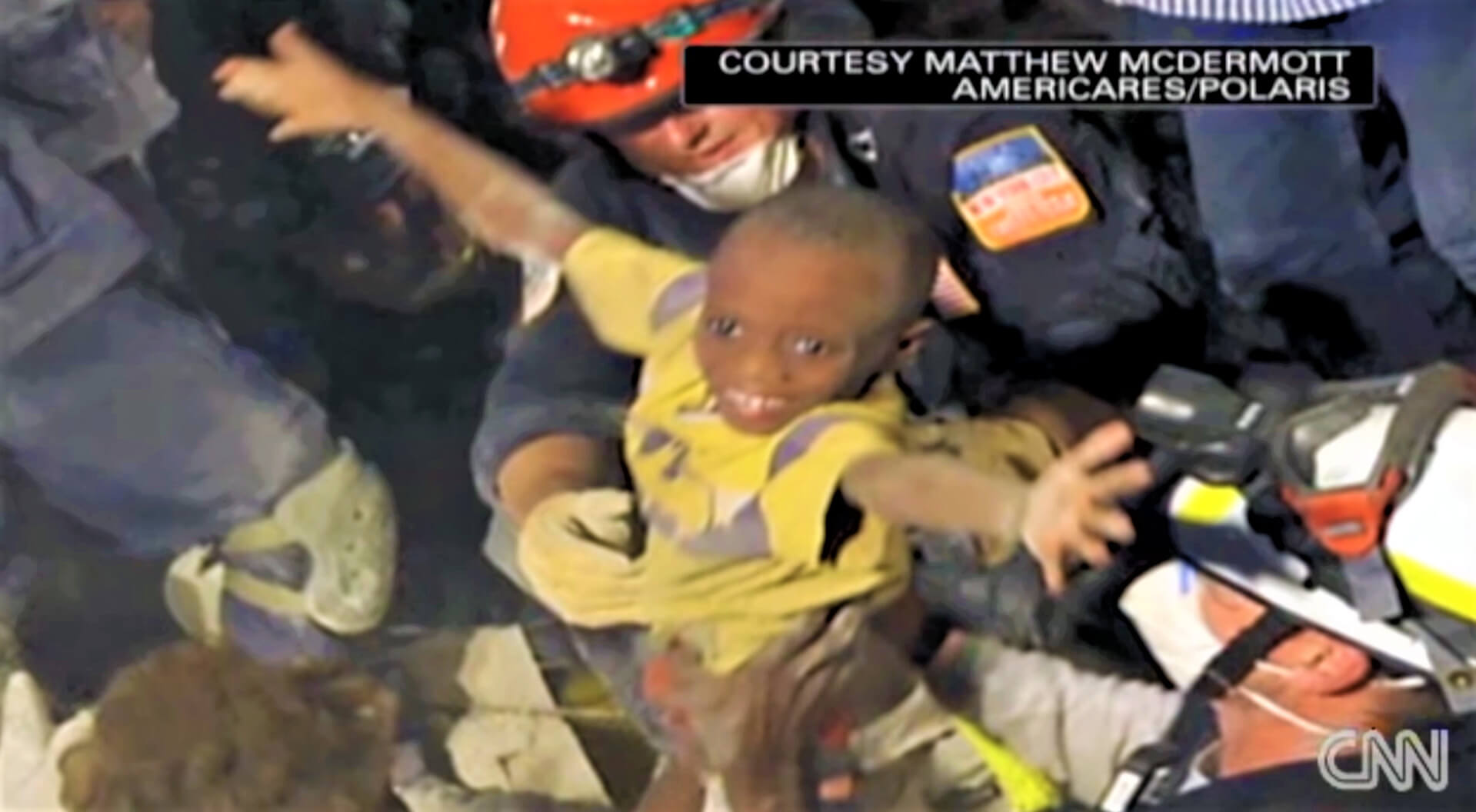
Remember that scene from Forrest Gump, when Jenny introduces Forrest to his son, who until that moment Forrest did not know existed? Forrest’s first thought is whether or not his son has inherited his disability. He says, “Is he smart or…” pointing to himself. When Jenny confirms that their son is perfectly healthy, Forrest exhales with obvious relief and his eyes well up with tears, moving viewers to tears as well. The way we respond to fictional characters can have a lot to do with our ability to connect with others and feel empathy for a person’s situation.
New brain imaging research shows that by us simply imagining a threat, or joyful experience, it lights up the same regions of our brains, as if we are literally experiencing that moment. It’s true that stories are a safe way for us play with life’s uncertainties. However, as it turns out, we aren’t as unaffected by what we consume and read as we may believe.
A 2013 study looked at the impact of reading on the brain. 19 College students were asked to read a thriller, Pompeii, by Robert Harris, which is based around the eruption of Mount Vesuvius in Italy. The novel has vided, descriptive narration, dramatic plot lines and is based on real life events.
For nine days participants underwent daily MRI scans. On the 8th day they were asked to read chapters which included highly emotional and stimulating context; extravagant feasting, orgies, violent volcano eruption, and the horrifying annihilation of Pompeii. The MRI scans on the 9th day, right after they read these sections, showed major increases in the participant’s emotions (mean arousal rating), demonstrating “A detectable and significant common alteration of their RSN associated with reading sections of a novel the previous evening.”
At the conclusion of the study, all the students showed increased connectivity in the parts of the brain that were related to language and sensory motor regions. These scans showed that throughout the reading period and for several days afterward, brain connectivity increased, especially in the somatosensory cortex, the part of the brain that responds to physical sensations like movement and pain. This suggests that readers experienced similar sensations to the characters in the book.
If we are invested in a story, and genuinely relate to the characters’ struggles, then we can feel a real connection of empathy and compassion. Empathy can be thought of as feeling with someone, and it is often done through relating to another’s experiences and hearing their story.
Unlike other species on our planet with claws and teeth, humans really do need one another to live. From a very basic and biological point of view, we need to work together in order to survive. Research conducted by The Heartmath Institute highlights how we are literally wired to feel empathy for another. Studies into the Vagus Nerve systems, as well as mirror neurons, show that we are hardwired to feel the pain of another person as it will push us to act, and therefore survive.
That’s why it feels good to be helpful- it’s a reward system, an ingrained feedback sensory loop that encourages us to keep being of service. Being of service is literally part of surviving, and ideally, thriving. Professional Counselor, Steve Siegle writes, “Being kind boosts serotonin and dopamine, which are neurotransmitters in the brain that give you feelings of satisfaction and well-being, and cause the pleasure/reward centers in your brain to light up. Endorphins, which are your body’s natural pain killer, also can be released.”
It can be hard to picture this sense of “oneness” in our current times when the media seems to only showcase our differences and how separate we are as a species when it comes to pretty much any topic. However, that is not simply not true. As explored in the 2010 documentary, I AM, by Tom Shadyac, humans are much more interconnected at a fundamental level than we previously thought and that is directly linked to our survival and even offers a path forward as a species.
https://www.youtube.com/watch?v=NKN42mN2SZc
All of this research strongly supports the idea that reading is a valuable skill for building social awareness and empathy. Whether fiction or nonfiction, reading offers us a truly unique opportunity to engage deeply in the life experiences and stories of the characters in books and feel alive.
An avid book reader and proud library card holder, Angela is new to the world of e-Readers. She has a background in education, emergency response, fitness, loves to be in nature, traveling and exploring. With an honours science degree in anthropology, Angela also studied writing after graduation. She has contributed work to The London Free Press, The Gazette, The Londoner, Best Version Media, Lifeliner, and Citymedia.ca.


